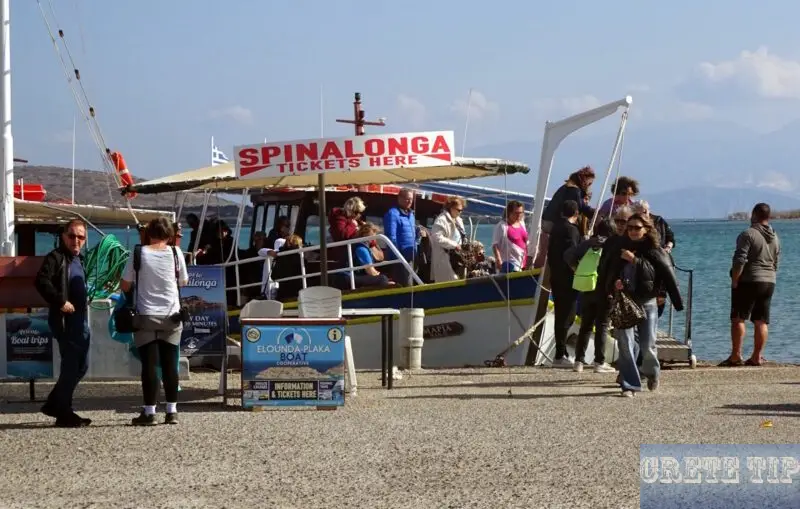So far, there have been no cancellations in Crete, but there is concern about a possible decline in last-minute bookings, while the Greek Prime Minister remains calm.
Amid escalating tensions in the Middle East, tourism operators in Crete are keeping a close eye on things and bracing for whatever might come their way.
Most bookings for the high season are already locked in, so those aren’t likely to vanish overnight. Still, you can sense a bit of hesitation among folks who usually book at the last minute.
Many would-be visitors are pausing, weighing their options as they hear about conflict zones nearby. Not surprisingly, there’s been a slowdown in fresh reservations.
Israeli tourists, who tend to be pretty mindful of the risks with big group gatherings, are scattered across different types of accommodation throughout Crete and Greece in general.
Crete hasn’t faced cancellations yet, but you can’t ignore the general unease—especially since places like Cyprus have already seen some. The mood is cautious, and honestly, who can blame them?
Mitsotakis: No Foundation for Claims of an Attack on Souda Base

Greek Prime Minister Kyriakos Mitsotakis has pushed back against claims about a possible attack on the Souda military base. On a radio interview, he called such scenarios baseless and said there’s no sign of a planned or looming attack.
He pointed out that military authorities are always running through scenarios and staying ready for anything. But, he insisted, there’s just nothing out there right now to back up these rumors.
Mitsotakis also weighed in on regional tensions, warning that escalation in the Middle East could spark a much wider conflict. He stressed the importance of diplomatic talks with Iran to keep the country from going nuclear, and said negotiation is really the only way through.
When asked about Iran’s internal leadership changes, Mitsotakis stepped back. He said it’s not something Greece can or should try to influence.
About those reports of Patriot missile systems heading to Souda, the Greek Ministry of National Defence put out a statement. It confirmed that details about moving specific defense systems are strictly confidential for security reasons and aren’t up for public discussion.
The ministry made clear it’s their duty to take whatever steps are necessary to defend the country. That includes keeping a layered defensive shield with missile interception capabilities in place.
This shield, called the “Achilles Shield” project, is part of a bigger 12-year modernization program approved by parliament. The goal is to make sure Greece can handle whatever security threats come its way, now or in the future.





